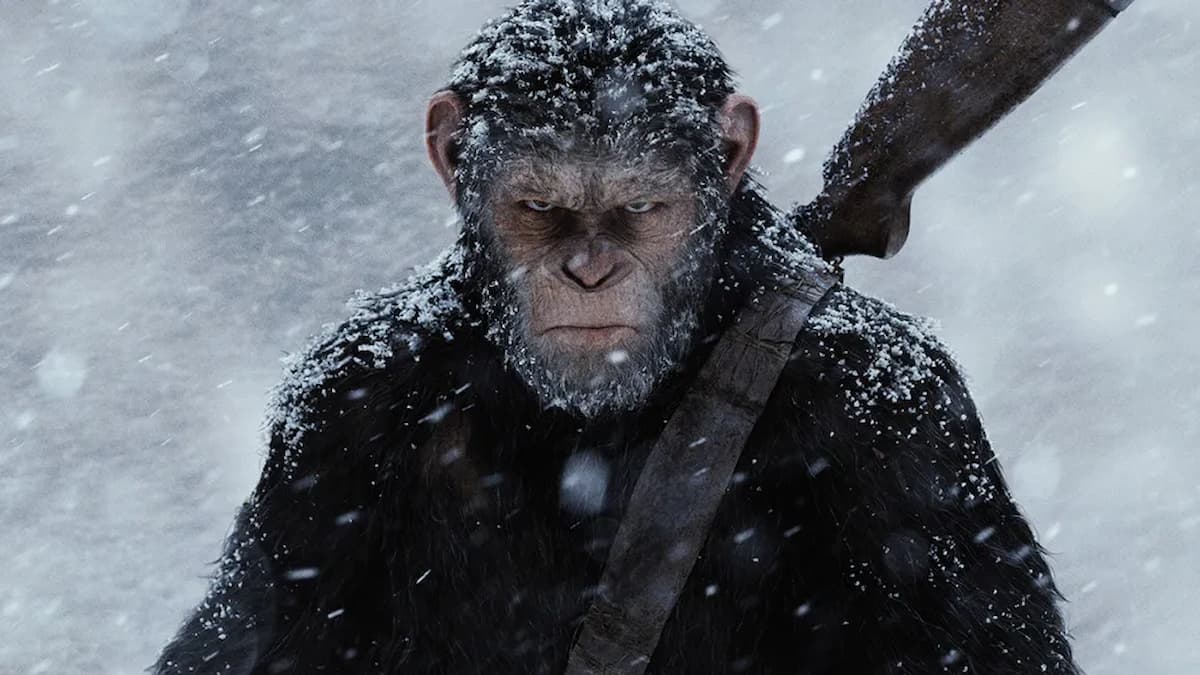Joachim Trier’s beguiling Norwegian thriller Thelma couldn’t be more up-front about its message, but cinematically, this folkish Carrie-esque hymn dazzles despite simplicity. Brooding religious undertones make for a tale about one girl’s caged heart and the desires she fights; imagery in flocks of birds and slithering serpents. Trier makes no mistake about these symbols, but likewise, supernatural influences suggest telekinetic powers for a very genrefied take on emotional demons. Thoughts repressed, anxiety increased by personal belittling. Expect something more on the heavier side, worth a slower burn that simmers until either acceptance or asylum are reached.
Eili Harboe stars as the titular Thelma, an innocent Christian girl who’s just started university away from her family’s small town. Mother Unni (Ellen Dorrit Petersen) calls her daughter daily, checking to make sure things are going well. For a while, they are – then Thelma experiences a seizure in her school’s library. A classmate, Anja (Kaya Wilkins), catches up with Thelma after the fact to check if she’s OK – tests are inconclusive but fine – and the two become friends. But as the seizures continue and doctors struggle to identify a cause (not Epilepsy), Thelma beings to wonder if there’s something more to her condition. Something father Trond (Henrik Rafaelsen) is hiding from her – which, of course, there is.
As Trier pushes through coming-of-age thickets and the dangers of close-minded worldviews, it’s very much a plea for embracing our inner self. Thelma spends so much time fighting the person inside just because of her father’s Bible teachings and a strong tie to prayer. She’s disgusted by her very desires, since Anja is not just a friend – she becomes a love interest. Fantasies about Anja sensually rubbing Thelma are tainted by a snake crawling directly into the poor girl’s mouth. The seizing, lights busting out, Thelma’s power when incapacitated – it all stems from her inability to fight instilled shame. Only until she finds her true self does her condition become wieldable – but that’s for you to discover in more depth.
You see, Thelma’s ability states that she can will anything to be. Her seizures are more on-the-spot, but at night, sometimes things happen. In the most extreme cases, people can disappear, erupt into flames (a quite brilliant scene) or whatever Thelma thinks – but she’s not conscious of mental directions. Doctors explain her phenomenon as a result of repressed trauma (without knowing of her uncontrollable ability). This once again points to the unhealthy side effects of suppressing thoughts deep down, only achieving fulfillment and vitality when allowing oneself to act openly and honestly. In this case, Thelma shaking the stigma of sin from her lesbianic life choice. Nothing to shame, everything to celebrate.
Harboe plays soft and fragile, almost like a porcelain doll who will break if handled improperly. She’s away from home and tempted by just about anything (alcohol, knowledge, love), Thelma a little fish transplanted into a big, scary new pond. As she finds herself, Harboe wrestles with conflict in an open forum; Henrik Rafaelsen’s father Trond always the stern voice of grounding. It’s empowering to watch Thelma come into her own, and Harboe does right to layer normal social awkwardness with unique fears that come with her “medical” worries. Still able to smolder the sweetest chemistry with Kaya Wilkins, thoughtful and compassionate when it comes to her wheelchair-bound mother played with parental helicoptering by Ellen Dorrit Petersen.
Thelma is a striking film that might waver during a housebound third act without Joachim Trier’s strongest on-screen relationship, but still striking in all regards. Trier shows a penchant for coaxing boastful performances from quiet characters, and his Norwegian Oscar entry is no different (entered as a Foreign-Language selection). Eili Harboe is a wonderful subject who Trier uses to further sexual representation in cinema, made better by family mysteries and stunning cinematography. The iced-over-lake shot, Thelma’s birdie entourage flying into windows, the tenderness between two comfortable girls – all winning elements to this moody maturation tale. May you find the same warmth in Trier’s words.






